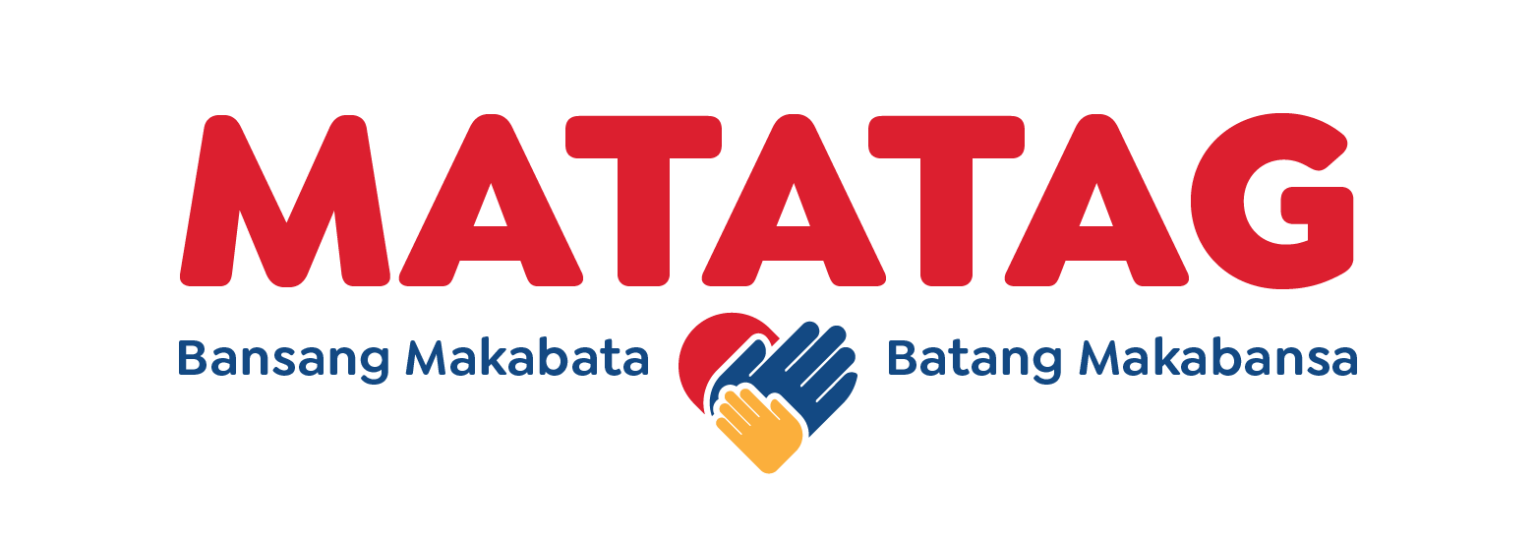
The Matatag Curriculum is a key reform initiative under the Department of Education's broader effort to strengthen and recalibrate the Philippine K to 12 Basic Education Program. Rooted in the vision of “Bansang Makabata, Batang Makabansa”, the Matatag Guide serves as a blueprint for addressing persistent challenges in the country's educational system. It aims to enhance the curriculum's relevance, streamline learning competencies, and better align education with both local values and global competencies. The Matatag Curriculum Guide emphasizes strengthening Filipino values, cultivating 21st-century skills, and developing globally competitive citizens.
The initiative stems from findings in national and international assessments that revealed Filipino students continue to struggle with core academic competencies. Despite the full implementation of the K to 12 program, significant gaps remain, particularly in problem-solving, literacy, and critical thinking. Through a comprehensive curriculum review led by the Department of Education and ACTRC, the Matatag Curriculum was conceptualized to systematically address these gaps by focusing on the alignment of learning objectives, teaching time, and cognitive demand in national assessments.
A cornerstone of the Matatag Guide is its responsiveness to the rapidly evolving demands of the 21st-century world. The modern learner must be digitally literate, emotionally intelligent, and adaptable to shifting environments. With this in mind, the curriculum emphasizes creativity, collaboration, global citizenship, and environmental sustainability. It also prioritizes learner well-being, inclusivity, and support for educators, ensuring that no stakeholder is left behind in the reform process.
The Matatag Curriculum is more than just a revision of learning standards—it is a bold reimagining of basic education in the Philippines. By basing reforms on empirical data, research, and inclusive policy direction, the Matatag Curriculum Guide seeks to uplift student outcomes and prepare Filipino youth not only for national development but also for global challenges. This recalibration ensures that the education system remains relevant, effective, and future-ready.